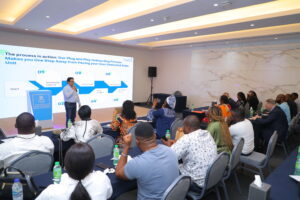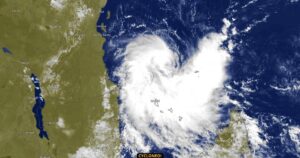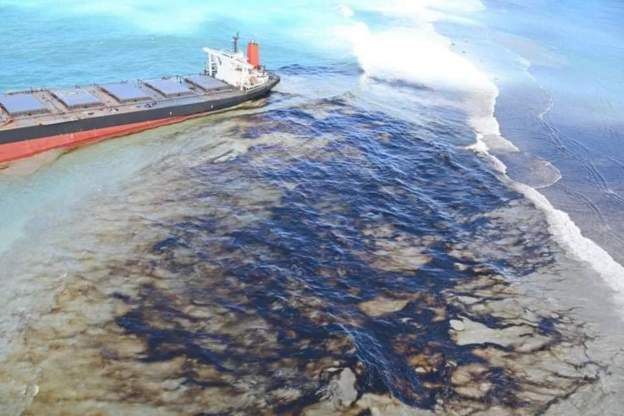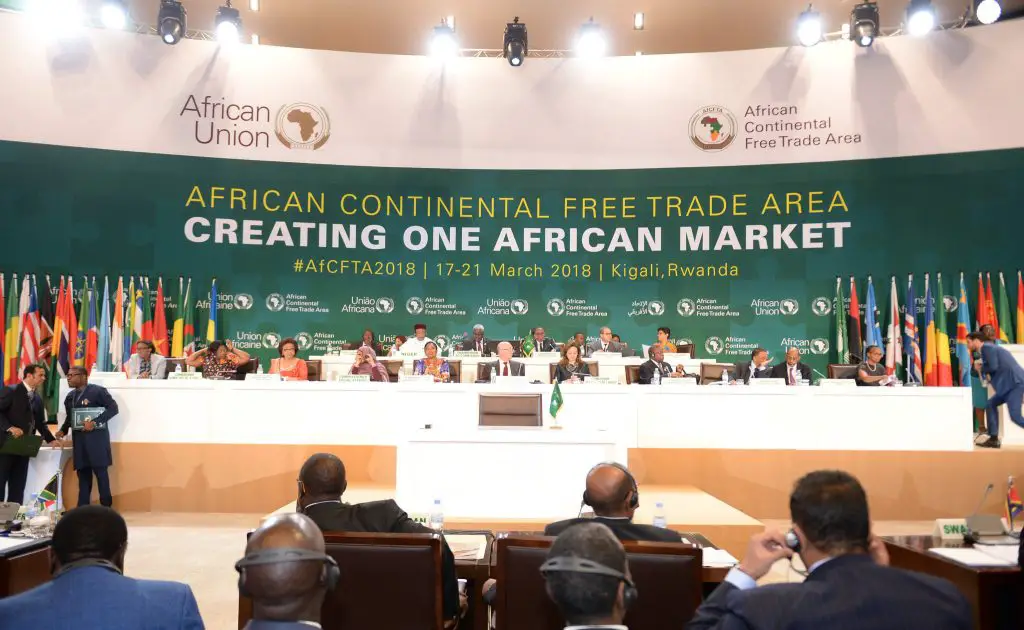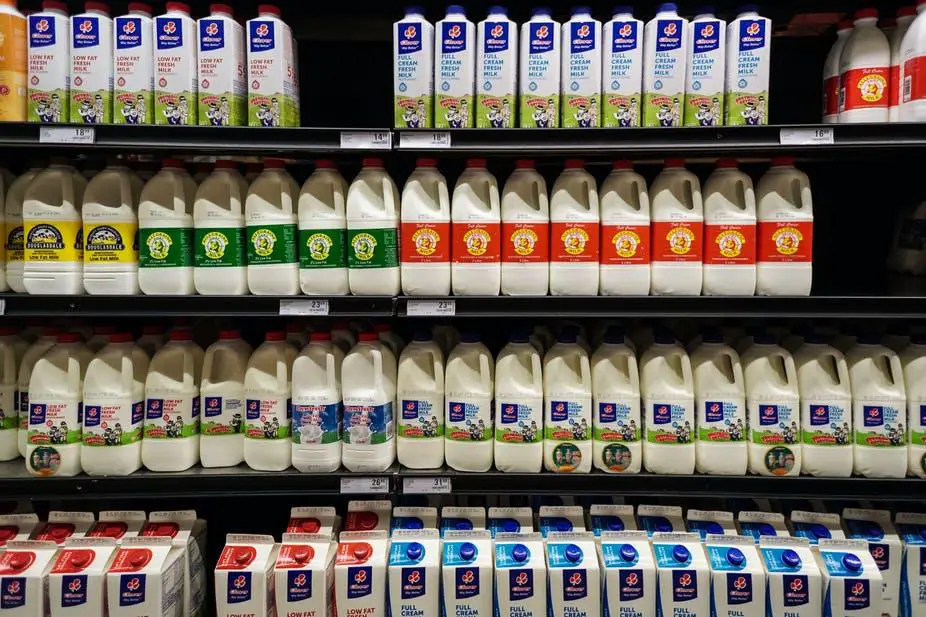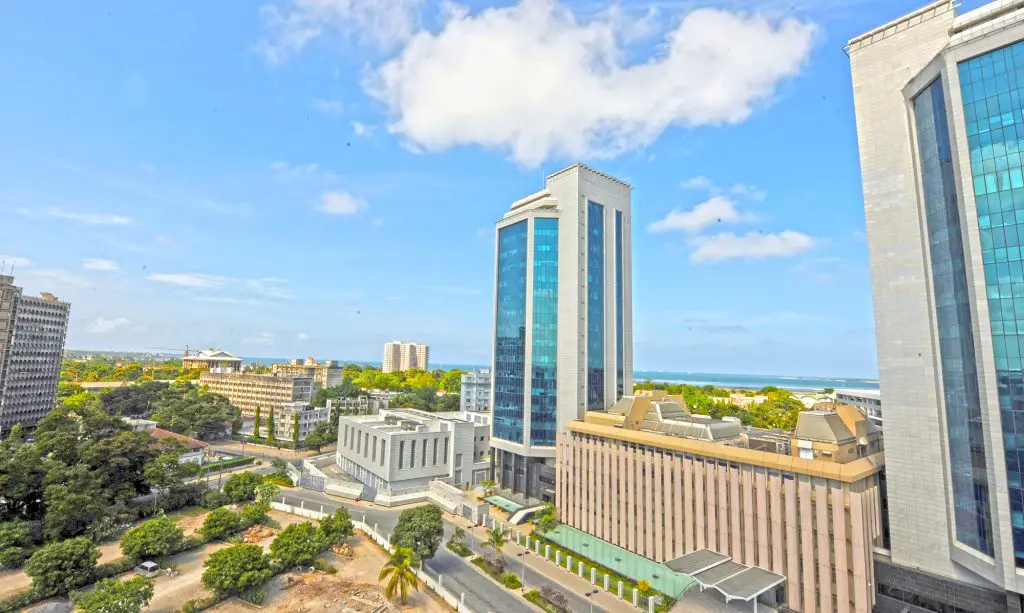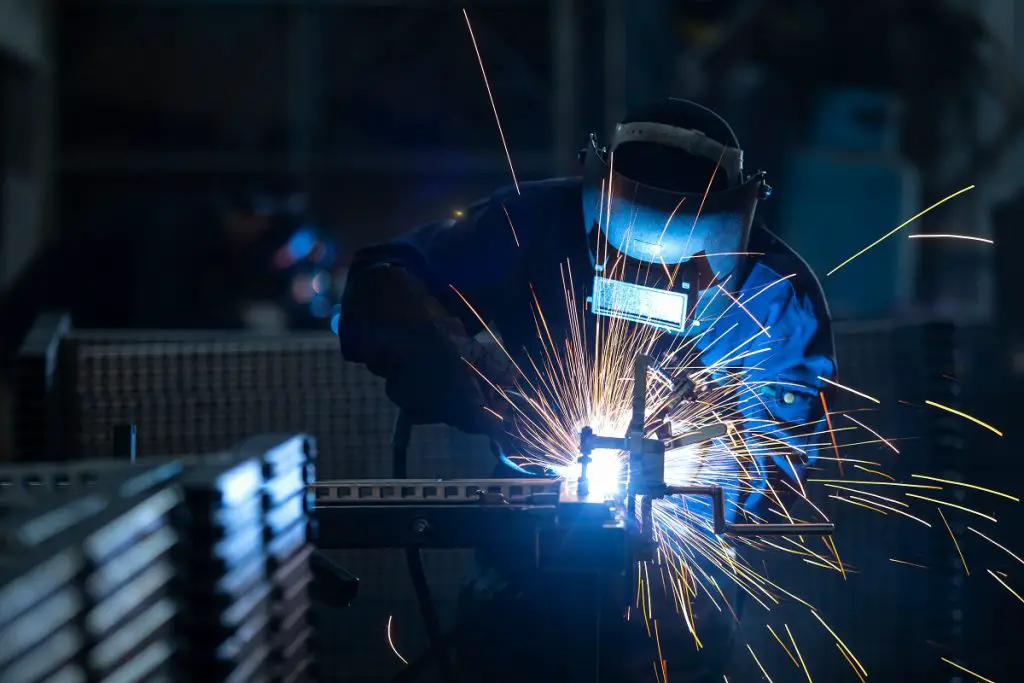- Partners back AIM Congress 2024 vision for global economic stewardship
- AIM Congress 2024: pre-event forums set the stage for strategic insights on global showcase
- Kenya, Tanzania braces for torrential floods as Cyclone Hidaya approaches
- EAC monetary affairs committee to discuss single currency progress in Juba talks
- Transport and food prices drive down Kenya’s inflation to 5% in April
- Payment for ransomware attacks increase by 500 per cent in one year
- History beckons as push for Kenya’s President Ruto to address US Congress gathers pace
- IMF’s Sub-Saharan Africa economic forecast shows 1.2 percent GDP growth
Month: August 2020
The Chanzo Capital has partnered with Africa.com to make virtual the 8th Angel Fair Africa and because the new normal is making everything virtual, the theme of this year’s event is “doing deals in a virtual environment”.
The event which was scheduled to be held in Senegal will be held on 5th November 2020 on the www.virtualconferenceafrica.com platform.
“This year, we are launching the Africa Virtual Accelerator (AVA) to replace the physical bootcamp which prepares the entrepreneurs to be investor ready. Angel Fair Africa chose Senegal for the dynamism of its entrepreneurial ecosystem.” a press statement from the organization read in part.
Angel Fair Africa is an event that brings together accelerators, incubators and emerging businesses from across the African continent and investors to do deals.
According to the statement, the objective of the Africa Virtual Accelerator is to showcase Dakar as the francophone hub for investors, entrepreneurs and Entrepreneur …
Mauritius is the latest example. Just this Saturday, a grounded oil tanker, MV Wakashio, started spewing tonnes of oil into the Indian Ocean and as the norm on the continent, the country is ill prepared to respond.
Africa needs to do a much better job in disaster preparedness. The continent cannot and must not continue to operate on status quo basis, as though no emergency is bound to occur at some point.
The natives of Mauritius are left to device makeshift emergency responses in this case using ‘stuffed fabric sacks with sugar cane leaves to create makeshift oil spill barriers as tonnes of fuel leaking from a grounded ship put endangered wildlife in further peril…’ wrote Al Jazeera.
So, humans on the ground can take some sort of action but what of the marine life? Most of which mark you, is endangered coral reef species.
Greenpeace says the fuel and …
Most economists see structural transformation as one of the main routes to Africa’s sustainable development. What it means is changing the share of agriculture, manufacturing and services in an economy. It is a central aim of the African Union’s Agenda 2063.
With this aim in mind, economists and policymakers need to know what determines structural transformation. They have flagged factors like demand for goods and services, trade policies, financial development, institutional quality and economic integration.
But researchers haven’t closely examined the way economic integration through trade and finance influences structural transformation.
I therefore set out to study African countries’ integration with the rest of the world and the effect of that integration on their structural transformation. This study provides fresh evidence about whether integration is good for Africa. It also unearths the right levels of integration necessary to increase structural transformation.
Trade and financial integration are both about countries exporting …
COVID-19 has prompted widespread discussion of the resilience of food systems and how efficiency and competitiveness have been previously understood. Recent decades have seen the growth of increasingly complex food value chains. These are underpinned by just-in-time delivery systems, a growing share of food products sold through supermarkets, and increasing concentration of ownership among powerful, large food manufacturers.
The pandemic has further emphasised the need for a more diverse and inclusive food system, in which small and medium sized enterprises (SMEs) play a key role.
As part of a larger project investigating challenges faced by agro-processing SMEs, we conducted qualitative telephone interviews with 16 SME maize milling and dairy firms during lockdown to gauge the effects of the pandemic.
As essential businesses, food manufacturers continued to operate through lockdown, and it might be assumed COVID-19’s impacts on this industry were minimal. This was not the case. While aggregate production levels …
A man is dying of thirst yet he is surrounded by fresh water. That is the irony of the African farmer. The African farmer is surrounded by fertile land and two rainfall seasons yet he is poor and has very little yield.
By all accounts Africa should be feeding the world. Most of the continent is miles and miles of fertile land. Since most of Africa is on the equator or just a few degrees above, it experiences tropical weather that is characterized by two high rainfall peaks.
So why does Africa not produce enough food to feed itself and the rest of the world? Simple, Africa’s productivity is in the hands of the smallholder farmer. The smallholder farmer is a poor peasant who uses rudimentary tools to farm.
Faced with the adverse effects of climate change, the farmer no longer has predictable rain seasons. Instead, as is characteristic of …
The economic disruption caused by the Covid-19 pandemic has slowed the region’s growth projection to 1.2 per cent for 2020.…

